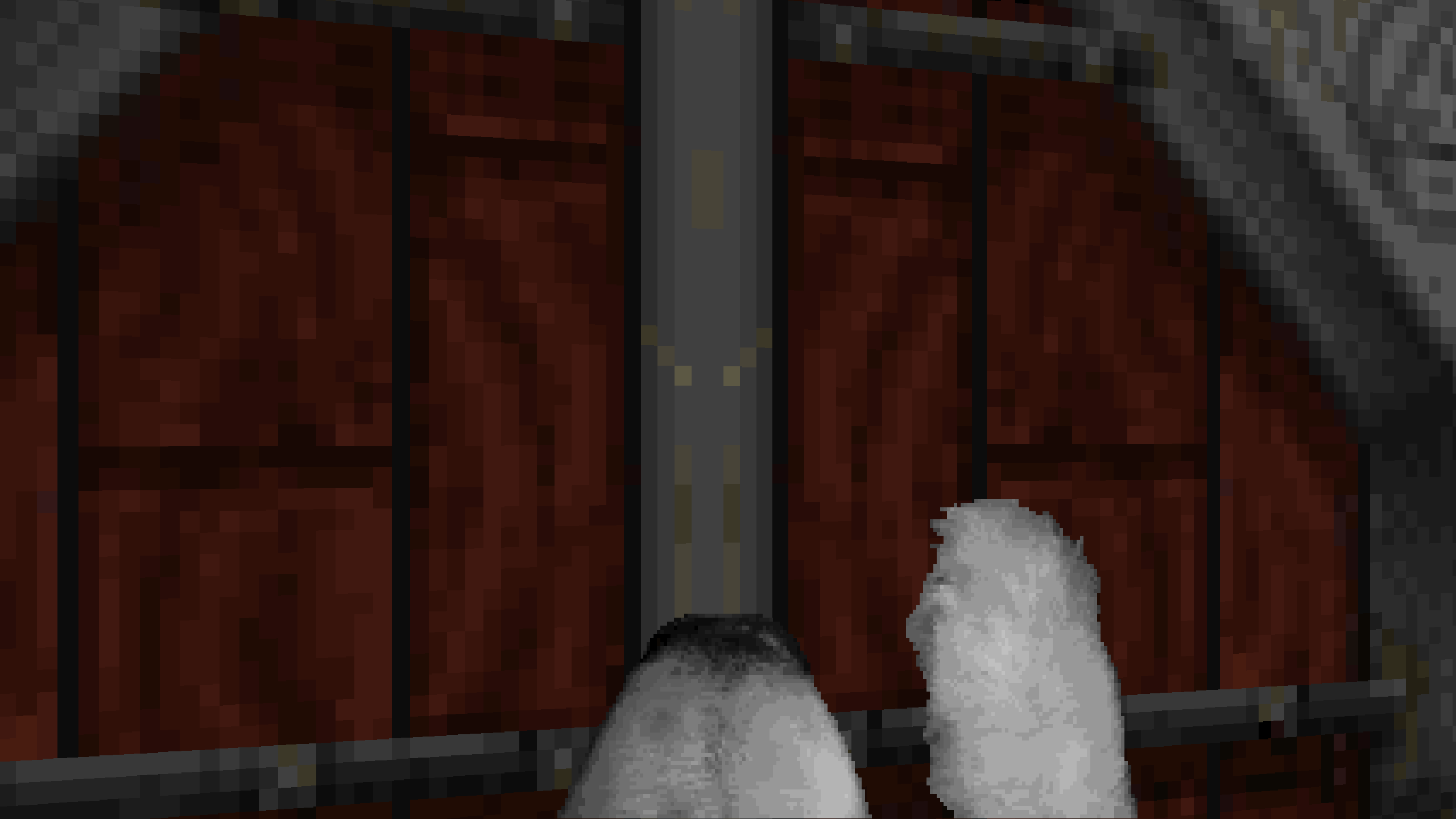Rise of the Triad: Ludicrous Edition is a faithful remaster of a janky '90s FPS, for better and worse
Some good nonsense, and some bad nonsense, now at 4K.
Keep up to date with the most important stories and the best deals, as picked by the PC Gamer team.
You are now subscribed
Your newsletter sign-up was successful
Want to add more newsletters?

Every Friday
GamesRadar+
Your weekly update on everything you could ever want to know about the games you already love, games we know you're going to love in the near future, and tales from the communities that surround them.

Every Thursday
GTA 6 O'clock
Our special GTA 6 newsletter, with breaking news, insider info, and rumor analysis from the award-winning GTA 6 O'clock experts.

Every Friday
Knowledge
From the creators of Edge: A weekly videogame industry newsletter with analysis from expert writers, guidance from professionals, and insight into what's on the horizon.

Every Thursday
The Setup
Hardware nerds unite, sign up to our free tech newsletter for a weekly digest of the hottest new tech, the latest gadgets on the test bench, and much more.

Every Wednesday
Switch 2 Spotlight
Sign up to our new Switch 2 newsletter, where we bring you the latest talking points on Nintendo's new console each week, bring you up to date on the news, and recommend what games to play.

Every Saturday
The Watchlist
Subscribe for a weekly digest of the movie and TV news that matters, direct to your inbox. From first-look trailers, interviews, reviews and explainers, we've got you covered.

Once a month
SFX
Get sneak previews, exclusive competitions and details of special events each month!
Rise of the Triad's a weird mutant of a game, a labor of love that was released in the wake of both Doom and Doom 2 that compensated for its janky, Frankenstein-ed Wolfenstein 3D engine with an edgy, '90s character. What I mean is this game is some goddamn nonsense, and that same cranked-to-11 mentality is still faithfully preserved in this remaster by Nightdive Studios—it's just a shame that a lot of the nonsense can be as frustrating as it is entertaining.
Triad's had quality source ports for over a decade, but nothing on the level of what Doom fans have been blessed with. The overhauled lighting in this remaster looks great, preserving the original's high contrast (something that Triad source ports have historically struggled with) while giving the game a more crisp look overall. Performance is expectedly supersonic, triple digit frame rates and not a hitch in sight.
There's also tons of modern bells and whistles—4K resolution support, achievements, and cloud saves, a feature I've especially come to treasure in our boomer shooter renaissance. The new tile-based level editor and workshop support may also yield a resurgent custom map scene.
Triad's sound deserves special mention—the low popping of the MP40 and the bassy plunger sound effect that plays when a rocket leaves the barrel of its launcher make for an arsenal that sounds as good as it slays. There's the option to switch soundtracks between the MIDI versions of Lee Jackson's original songs, as well as the 2013 remake's (you should never do this). Lee Jackson's work here is still stunning in 2023, a soundtrack that puts others throughout the ages to shame. "Goin' down the Fast Way" has one of the nastiest bass lines I've ever heard in MIDI, and that drum break at the 38 second mark sucks the air out of my lungs. It's great that such fantastic arrangements were given the treatment they deserve.
There's a real quirk to everything in Rise of the Triad. Porridge is the dominant healing item, which can be heated up by plunking a missile at the bowl, point blank. The god mode powerup transforms you into the big guy himself, replete with lightning attacks, levitation, and a weird moaning sound that loops for some reason. There's a score system tied to coin pickups, where collecting a hundred will give you an extra life, because there's also a totally redundant lives system.
Oh, and one of the powerups puts you behind the eyes of a barking dog. It's a weird game.
All of this bloat is legitimately charming, however, because at its core Triad is a game about dodging traps and gibbing cultists with rockets. Hearing their massed, bit-crushed cries never gets old, but the time between encounters is often a drag. Levels are plain looking cubic monastery halls with plenty of doubling back, both of which make Triad feel more dated than nostalgic.
Keep up to date with the most important stories and the best deals, as picked by the PC Gamer team.
One of the demo levels I played from the episode Dark War was labyrinthine in a way I was not expecting—long, flat hallways bereft of ornamentation, with sporadic "gotcha!" encounters interspersed between. It's here where Triad's genealogy as a Wolfenstein 3D spawn is most evident, something I really struggled to stay invested in as a new player. A later level had some frenetic encounters, giving me room to artfully strafe dodging behind line of sight obscuring (still cubic) columns and laying down napalm missiles fire, but poor visual feedback on all fronts lead to me circle strafing into my own fire a frustrating number of times.
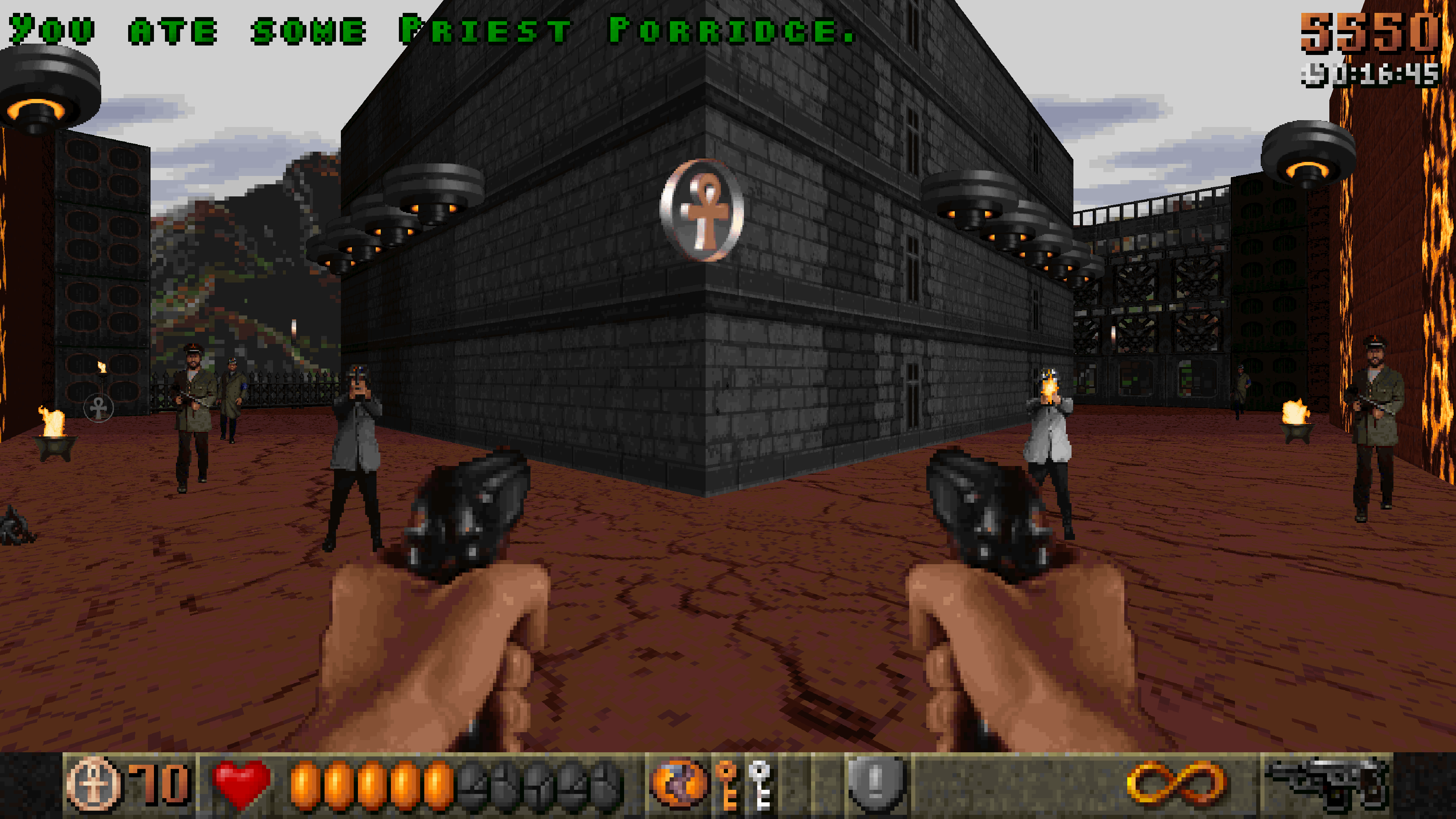
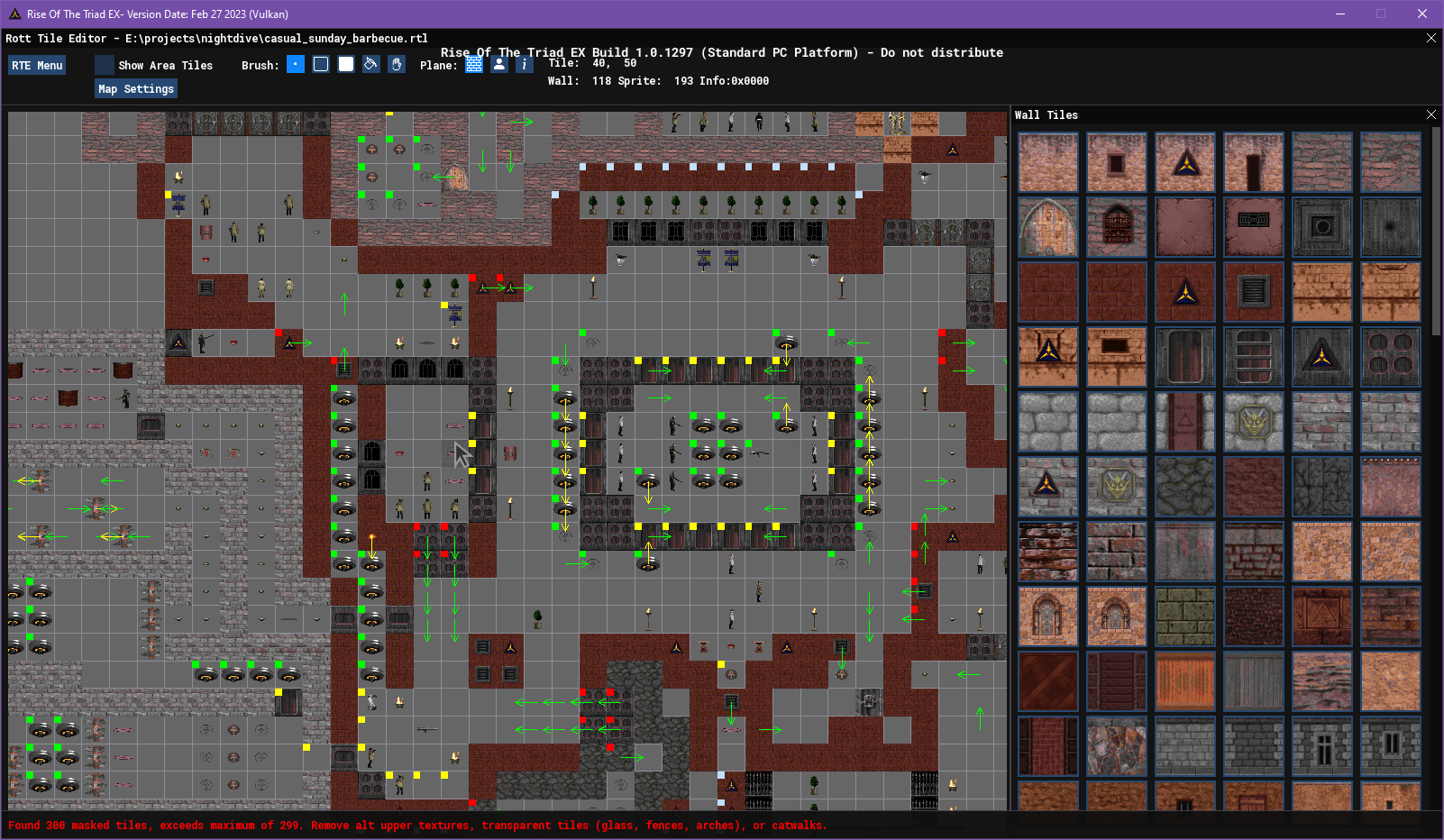
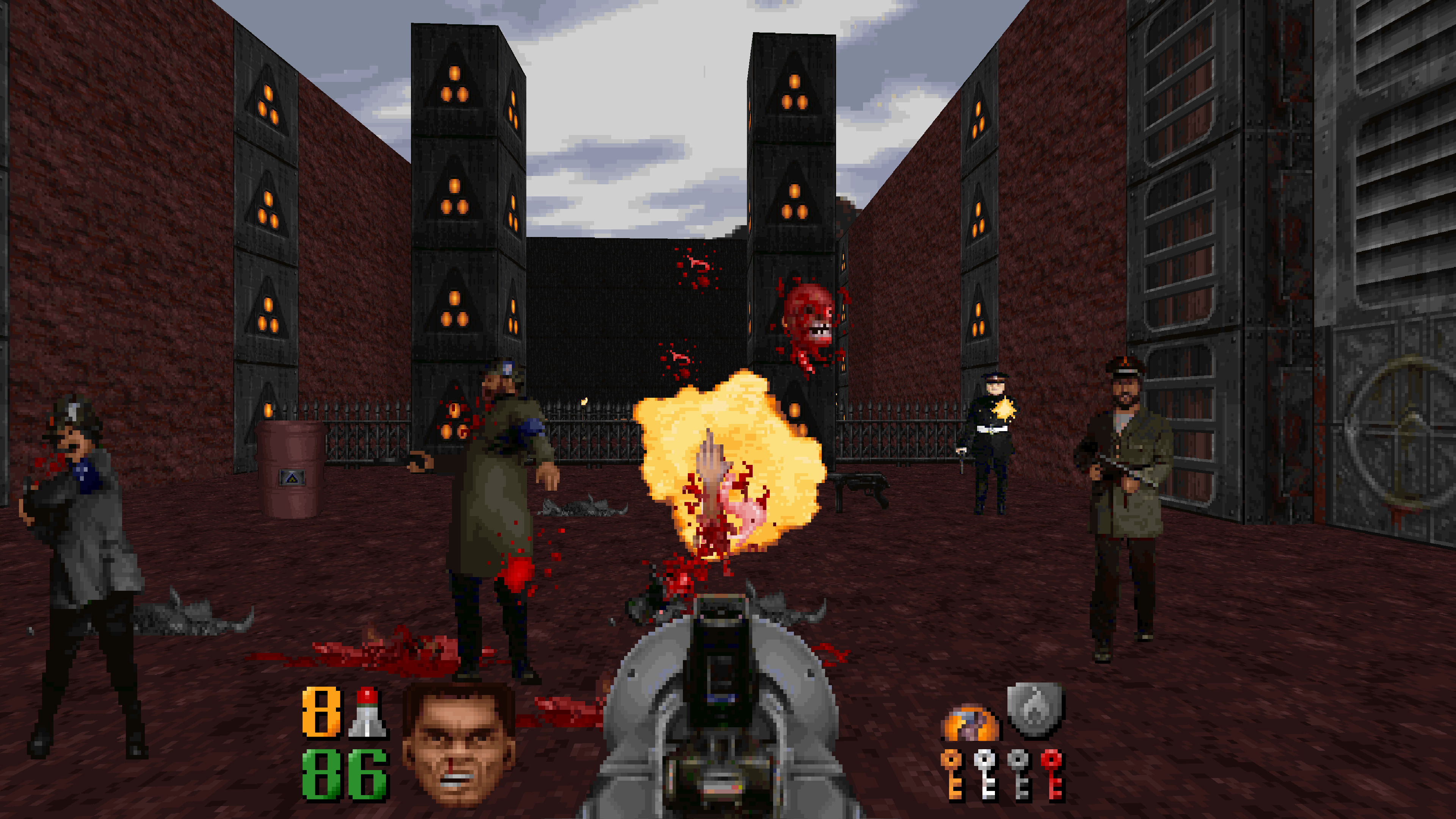
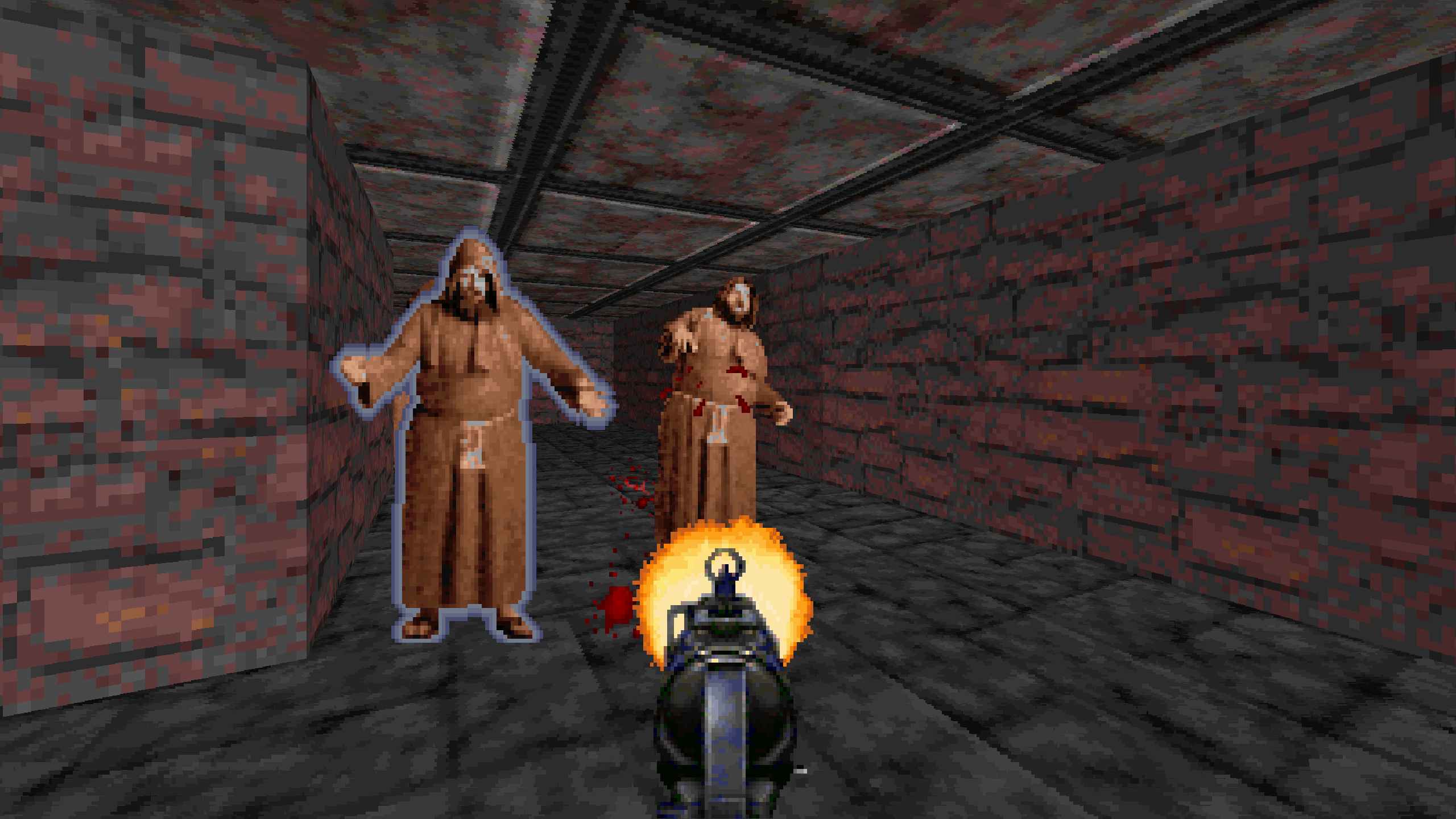
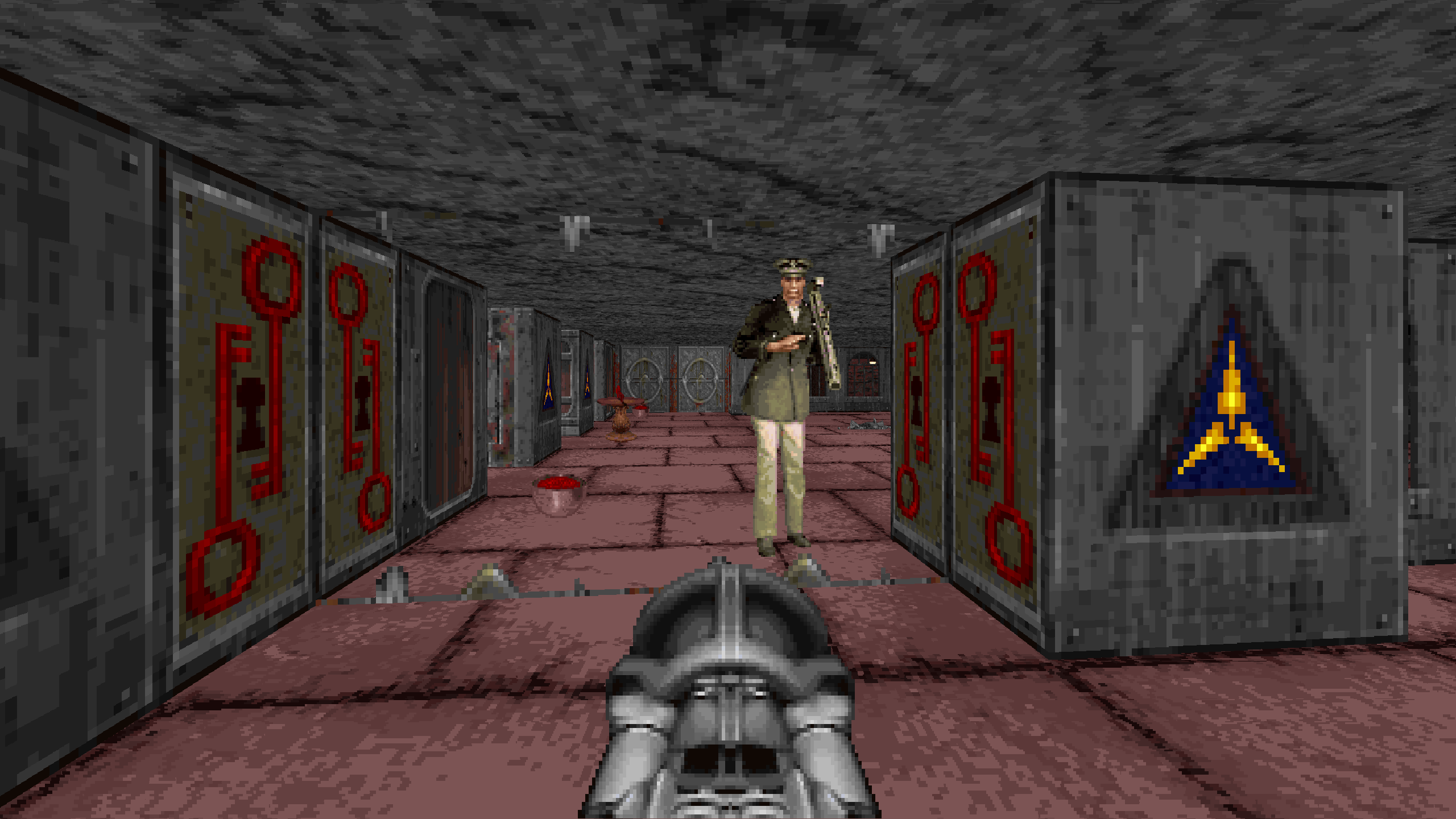
Moments like that really highlight just how revolutionary Doom and Doom 2 were, not just in terms of tech, but in design and balancing. Accidentally nuking yourself with a rocket launcher wasn't uncommon, sure, but those games didn't make explosive, self damaging weaponry some of the only reliable damage dealers.
I was never able to click with what I played of Rise of the Triad: Ludicrous Edition, despite my best efforts. Still, for those who know they won't be bothered by its jagged edges, Ludicrous Edition is the way to go. Just know what you're signing up for.

Nova Smith is a freelance writer based out of Alberta, Canada. Nova's grab bag of non-gaming interests and passions includes Japanese mecha anime, miniature painting, as well as history, literature, and classical music. Nova also moonlights as a bureaucrat and amateur historian.
